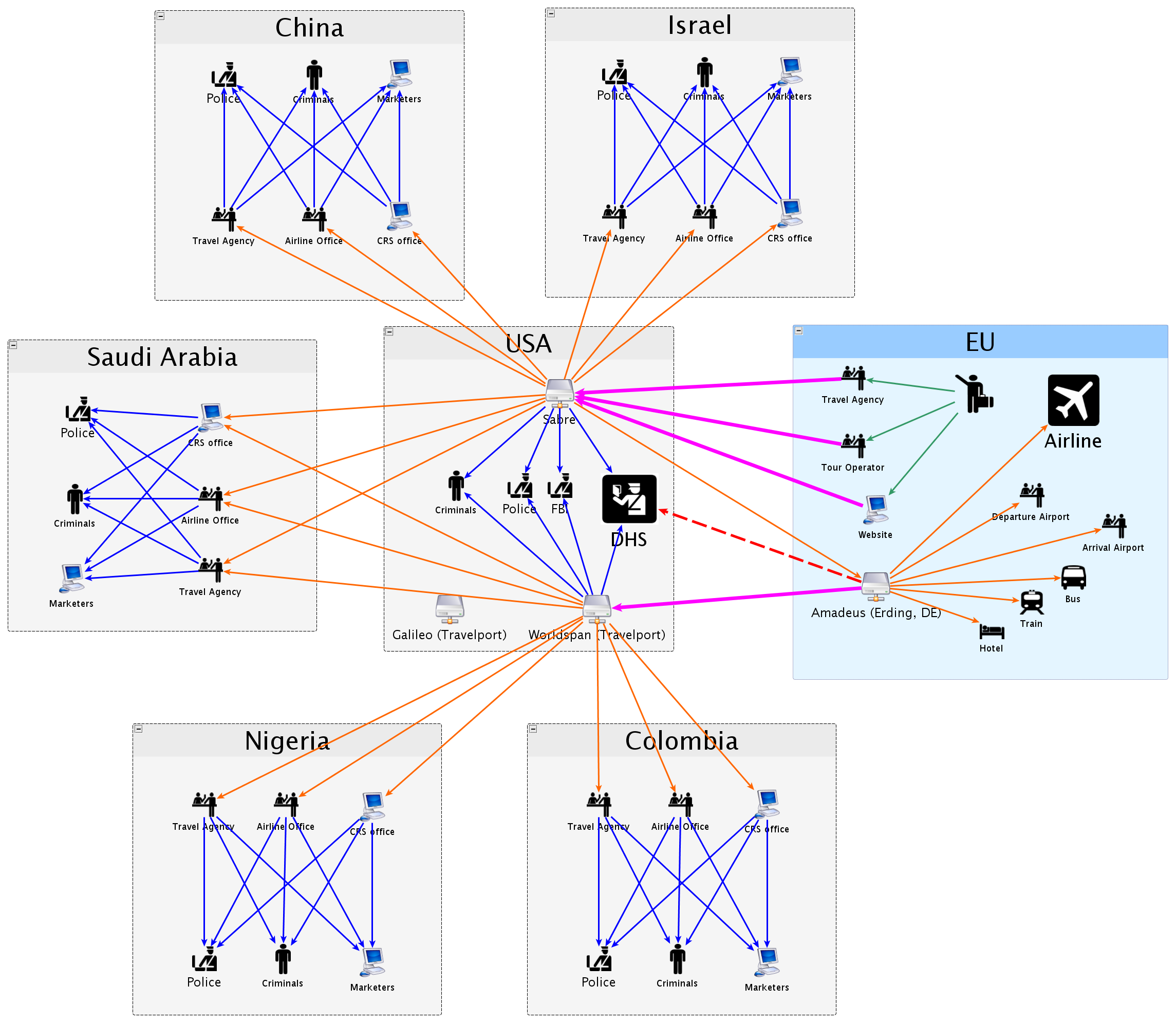The TSA has reviewed 929 pages of policies we requested, and released one page of them and parts of 12 other pages. All the rest are still being kept secret. But even those tidbits show that the TSA is exceeding its legal authority.
The TSA continues to drag its feet in responding to our outstanding Freedom Of Information Act (FOIA) requests for the policies and procedures that they expect travelers to comply with. When the TSA answers our requests at all, the answer is mostly, “No.”
Case in point: The letter we just received from the TSA, dated December 15, 2010, in response to the FOIA request we sent on December 9, 2009. The TSA took more than a year to answer, even though it is required to release records requested under FOIA within at most 30 business days.
We asked for various TSA policy documents whose existence was revealed when the TSA posted a copy of its “Screening Management Standard Operating Procedures” (SOP) on a public government website. (We are currently appealing their refusal to release the current SOPs.)
One of the few excerpts the TSA chose to release was the “TDC Referral Form” (see page 16) used by “travel document checkers” for reporting travelers they have “referred” for further action such as a ordering them to submit to a more intrusive search or interrogation, summoning local law enforcement officers, etc. Although courts have upheld administrative searches at airports only when they are limited to the detection of weapons, explosives, or other threats to aviation, neither “suspected terrorism” nor any other “threat to aviation security” appears in the TSA’s menu of reasons for arrest:
- Suspect documents
- Outstanding warrant
- Suspect drugs
- Undeclared currency
- Illegal Alien
- Other
On its face, this document makes clear that TSA “screening” is being used primarily for purposes that are outside the TSA’s legal authority, as a general screening dragnet for illegal drugs and other crimes and not for the limited purpose of aviation safety or security.
And this is true specifically of the travel document checks, not just of TSA screening in general.
The form also says that, “No personally identifiable information is permitted in this database,” even though the form includes drivers license, passport, government ID, military ID, and visa numbers. Presumably, this is an attempt to evade having the Privacy Act applied to these referral reports.
Bizarrely, the TSA withheld the policies that relate directly to the obligations of travelers as pertaining primarily to internal TSA procedures, while posting those policies that actually are primarily internal, and directed at TSA staff and contractors rather than the public, on a new page on the TSA website.
Perhaps the most interesting of these, in light of the TSA’s past actions, is the policy on issuance and use of administrative subpoenas such as those the TSA served on bloggers and journalists to try to find the sources of their stories about other leaked TSA policies. The version now posted was reviewed in October, 2010, after the TSA had withdrawn those subpoenas to bloggers and journalists. but it’s unclear whether any changes were made to the policy. The TSA policy still contains no mention of the Federal law which restricts searches of journalists’ work products and other material, or any specific policies for subpoenas against journalists. That’s especially odd in light of the fact that the relevant law, 42 U.S.C. 2000aa, also applies to searches at TSA checkpoints (and, except to the extent such searches are conducted solely to enforce customs laws and not immigration or other laws, to CBP searches at border crossings and international air and seaports).

